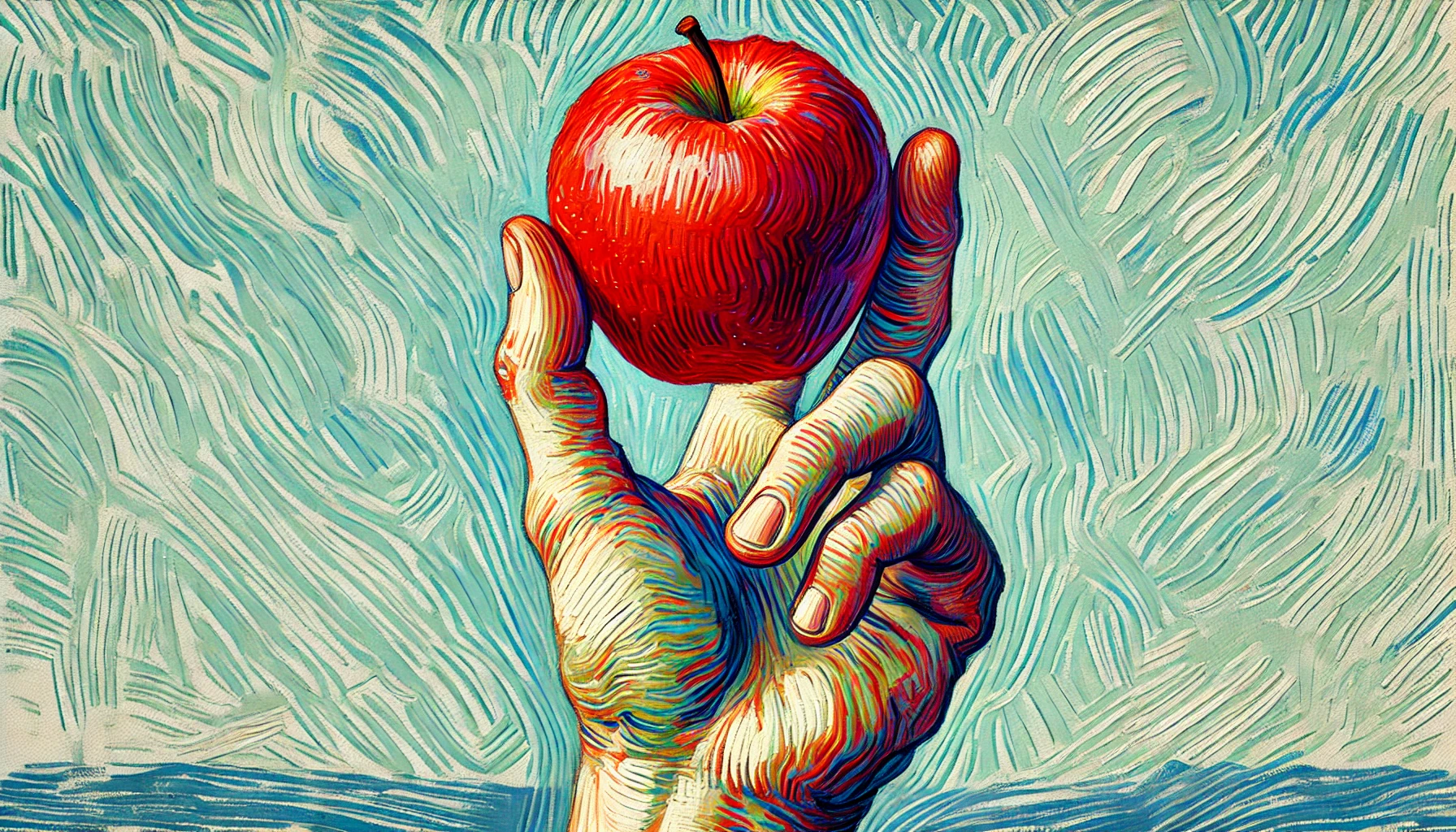Innocence Lost

In the last question, we left off with Adam being placed in the covenant of works. God gave him some commands, and he was promised life if he fulfilled those commands. But we all know what happened next:
Q. 13. Did our first parents continue in the estate wherein they were created?
A. Our first parents, being left to the freedom of their own will, fell from the estate wherein they were created, by sinning against God.
Make note of the phrase “the estate wherein they were created.” This is drawing on a very old distinction (going back at least to Augustine) between the four estates of man. They’ll be unpacked as we work through the catechism, but here’s a quick summary to get you started.
- The State of Innocence: Man is able not to sin.
- The State of Sin: Man is not able to not sin.
- The State of Grace: Man is able to sin and not to sin.
- The State of Glory: Man is not able to sin.
Each of these states speaks to the degree of freedom the human will has at each point in redemption. Adam and Eve were in the state of innocence, which means that they were “left to the freedom of their own will.”
A frequent accusation that is thrown at Reformed or Calvinistic theology is that it denies free will. You may hear someone say, “You believe people are just robots.” But this is not true of Reformed theology (the Westminster Confession has a whole chapter on free will), and it’s certainly not biblical!
This is a very fine distinction, and it’s beyond our understanding, but we have to hold two things together. First, we can’t forget what we’ve already learned–that God decrees all things, including the Fall. God didn’t simply permit the Fall to happen; instead, the Fall is part of his eternal, divine plan for creation. At the same time, the Bible teaches that Adam and Eve alone were responsible for their sin. God gave them freedom of choice; they could obey or disobey. It’s not as if God put something in Adam that said, “You must eat of the forbidden fruit.” No, that decision belongs to Adam alone. Consider James 1:13…
“Let no one say when he is tempted, ‘I am being tempted by God,’ for God cannot be tempted with evil, and he himself tempts no one.”
So when Adam was created he had perfect freedom to do good or evil, and he chose evil. Our situation, however, as a result of Adam’s decision, is different. Our freedom has been limited because of the Fall. But more on that in the coming questions.
Updates
-
Be sure to join us for our Reformation Youth Fellowship Sunday afternoon! We’ll have games from 3 to 6, then we’ll eat supper at 6 PM. (I got this wrong in the bulletin last week!)
-
Our Youth Membership class will be on the weekend of November 15-16. Don’t forget to let me know if your child will be joining us!
-
Remember to mark your calendars for our congregational meeting on December 8th.
Your friend in Christ,
Reid
